From February 18, low-value imported goods sent via express delivery services will no longer enjoy VAT exemption.
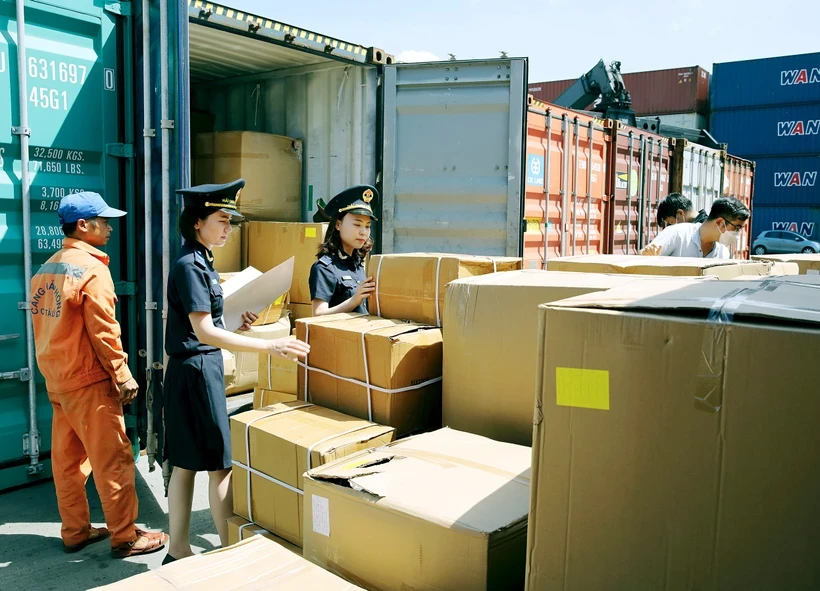
On February 15, the General Department of Customs informed about the implementation of value added tax collection according to Decision No. 01/2025/QD-TTg dated January 3, 2025 of the Prime Minister.
Accordingly, from February 18, low-value imported goods sent via express delivery services will no longer enjoy the VAT exemption policy. Decision No. 01/2025/QD-TTg officially abolishes Decision No. 78/2010/QD-TTg dated November 30, 2010 on the value of imported goods sent via express delivery services that are exempt from tax.
Adapt to the new situation
According to the General Department of Customs, Decision No. 78/2010/QD-TTg was previously aimed at facilitating international trade and promoting the development of express delivery services. However, in the current context, tax laws, the development of e-commerce and international practices have changed a lot, requiring policy adjustments to suit the new situation.
It is worth noting that both the current Law on Value Added Tax and the Law on Value Added Tax No. 48/2024/QH15 recently passed by the National Assembly do not have provisions on VAT exemption for low-value imported goods. This creates inconsistency in the legal system and affects tax collection management.
Previously, on November 11, 2024, the Ministry of Finance submitted to the Prime Minister Document No. 291/TTr-BTC on the draft Decision to abolish Decision No. 78/2010/QD-TTg. On November 12, 2024, the Government issued Resolution No. 218/NQ-CP, assigning the Ministry of Finance to preside over and coordinate with agencies and localities to submit to the Prime Minister to abolish the provisions of this Decision.
On that basis, Deputy Prime Minister Ho Duc Phoc directed the Ministry of Finance to urgently preside over and coordinate with relevant agencies and localities to submit to the Prime Minister to abolish the provisions in the Decision in accordance with requirements while ensuring the documents and procedures are in accordance with the Law on Promulgation of Legal Documents.
This move is considered to be consistent with the Party and State's policies and orientations on restructuring revenue sources and expanding the tax base. Resolution No. 07-NQ/TW dated November 18, 2016 of the Politburo emphasized the need to perfect the collection policy, cover all revenue sources, expand the collection base, especially new revenue sources, in line with international practices.
The abolition of Decision No. 78/2010/QD-TTg is expected to bring many benefits. It is estimated that if goods with a value of less than 1 million VND are subject to a value-added tax rate of 10%, the State budget revenue could increase by about 2.7 trillion VND. The new regulation creates fair competition between domestic and imported goods, promoting domestic production. And, the policy is in line with the trend of many countries in the world in collecting value-added tax on low-value imported goods.
Step by step implementation
However, the Customs Authority recognises that the implementation of VAT collection on low-value imported goods poses many challenges. Currently, the customs declaration system and related procedures are not designed to handle this tax collection effectively.
According to the provisions of Circular No. 191/2015/TT-BTC and Circular No. 56/2019/TT-BTC, imported goods sent via express delivery service are divided into three groups: Documents and certificates with no commercial value; Goods with customs value within the import tax exemption limit and not subject to import license or specialized inspection; Goods not in group 1 or group 2.
To implement value added tax collection, the Customs Authority said it is necessary to upgrade the VNACCS System to add the function of calculating tax on MIC and MEC declarations (air, sea) and instructions for declaring and collecting tax on paper declarations (road, rail) in accordance with the provisions of Circular 191.
Currently, the General Department of Customs said it is implementing the Contract on "Building a Customs Clearance Processing System when VNACCS/VCIS has problems (Remote Customs Declaration System)." However, this system does not have a tax calculation function, so the Customs Department is negotiating with the contractor to add the functions of receiving and calculating taxes for low-value export and import declarations.
While waiting for the issuance of the Circular amending and supplementing Circular No. 56/2019/TT-BTC and upgrading the system, the General Department of Customs plans to submit to the Ministry of Finance a document with temporary implementation instructions.
For imported goods in group 2 transported by air or sea, express delivery enterprises declare customs electronically on the VNACCS System, calculate the payable value-added tax and present it to the customs authority according to Form No. 02-BKTKTGT, supplementing information on "Total customs value", "Value-added tax rate" and "Value-added tax amount."
For imported goods of group 2 transported by road or rail, express delivery enterprises declare customs according to form HQ/2015/NK, adding information on value added tax.
Although this option can ensure proper collection of policies, the Customs Department said there are still some disadvantages, such as inconvenience in management, data statistics and increased workload for customs officers.
In addition, the implementation of this decision may also cause some difficulties for businesses and people. The General Department of Customs informs businesses that they need to adjust their customs declaration procedures and prepare for VAT payment.
To minimize these difficulties, the General Department of Customs is committed to providing maximum support to businesses and people. The General Department has prepared content and documents, ready to support when encountering difficulties and problems through the Support Center: 19009299, extension 2 and email address [email protected] .
The General Department of Customs said it will promptly post information related to the implementation of Decision No. 01/2025/QD-TTg on the Electronic Information Portal and organize meetings with express delivery service businesses to guide implementation./.
Source


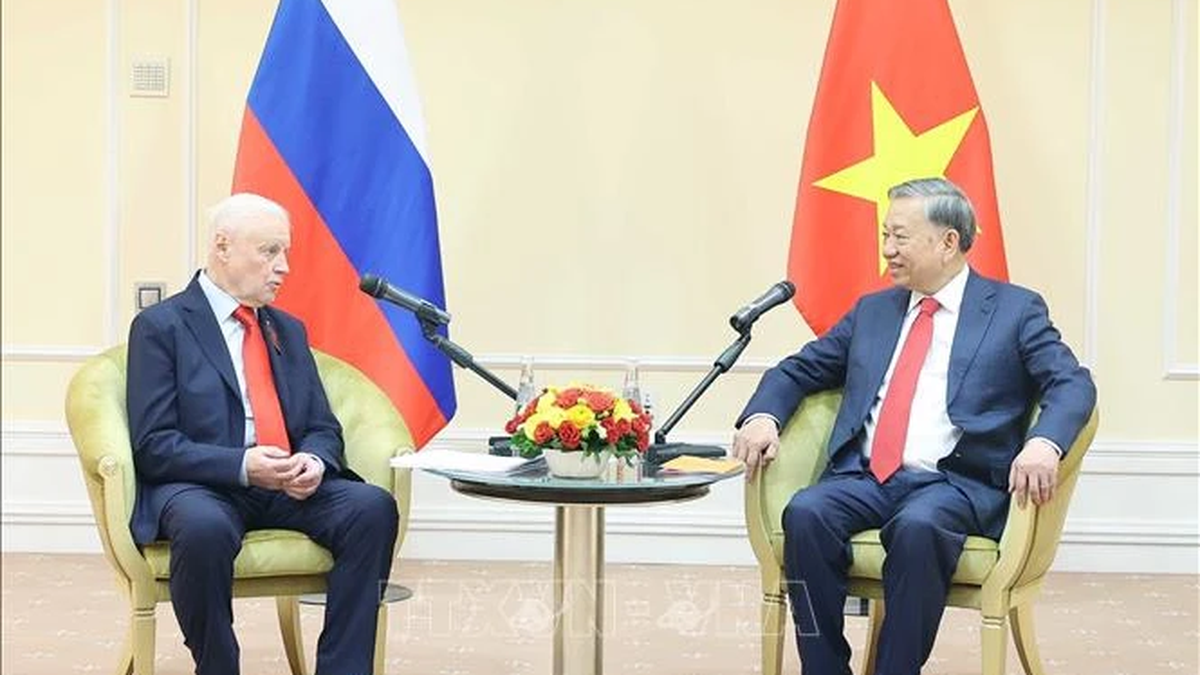



![[Photo] Prime Minister Pham Minh Chinh chairs Government Standing Committee meeting on Gia Binh airport project](https://vphoto.vietnam.vn/thumb/1200x675/vietnam/resource/IMAGE/2025/5/10/6d3bef55258d417b9bca53fbefd4aeee)
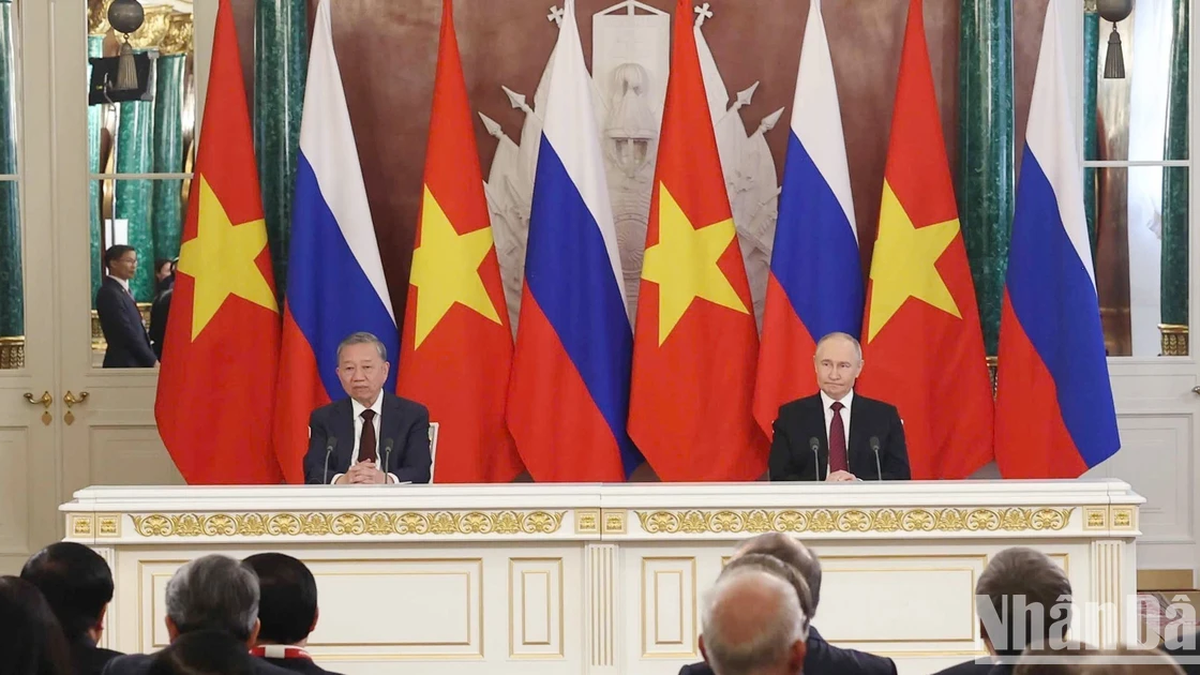
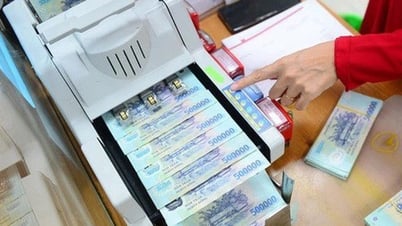

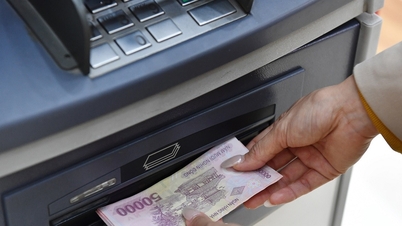






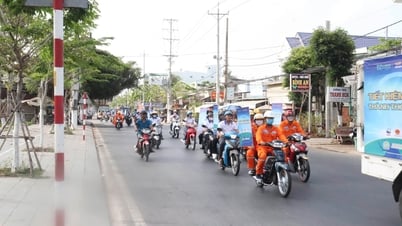
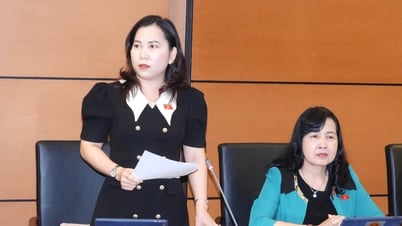








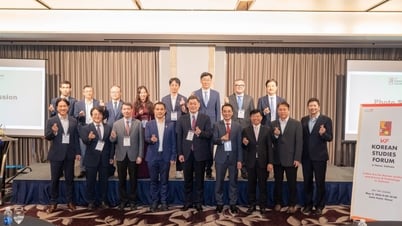


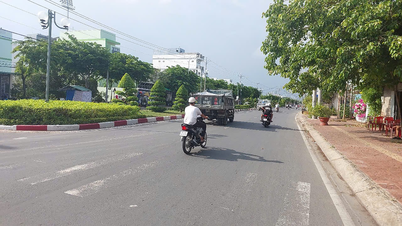




































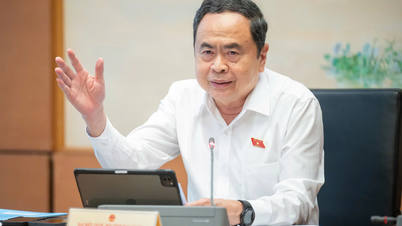










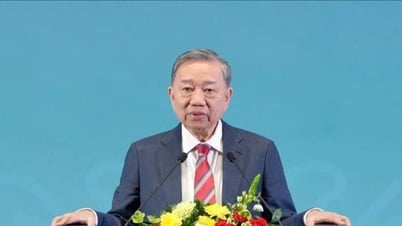

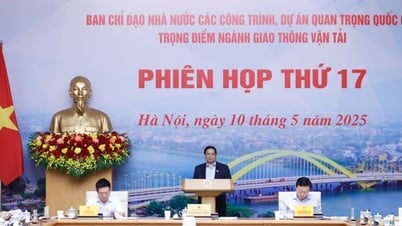

















Comment (0)